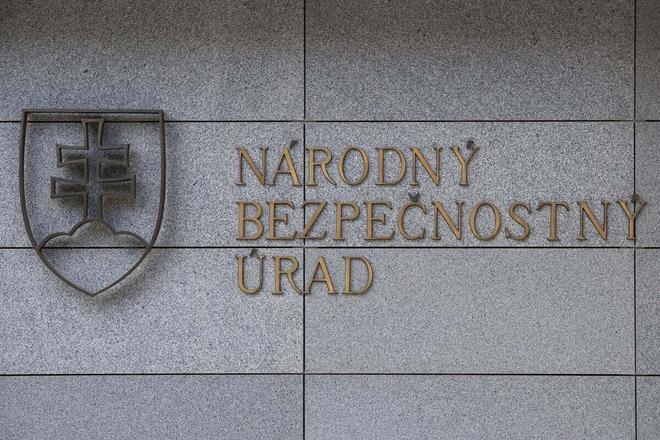The National Security Office should once again be able to block harmful content that threatens or may result in damage or threat to Slovakia's security, foreign policy or the economic interests of the Slovak Republic, and is regarded as a hybrid, non-military threat.
The authority lost this power in September due to ineffective legislation.
The office (NBÚ) could thus block, for example, content that may cause the weakening of democratic institutions, political destabilisation, or radicalisation of a political debate in the public space.
The office should adopt such a decision on the basis of a justified proposal submitted by security and defence authorities and the prior approval of the Supreme Administrative Court, an amendment to the law on cyber security suggests.
The government approved the amendment at its session on November 2, the TASR news agency wrote.
Court’s approval
The need for the court's consent to blocking should increase the legitimacy of the NBÚ's decisions, Defence Ministry State Secretary Marian Majer said.
Appeals to the court in these matters should not be allowed.
The blocking decision should be issued for no longer than nine months, and they should be published on the security office's website. The NBÚ should also submit a report on these decisions to parliament every year.
If the amendment is passed in parliament, it will come into effect on April 1, 2023.
Kollár is not a fan
Majer did not rule out that websites that have been blocked before, such as Hlavné Správy, will be blocked again. Internet content is regularly monitored by Slovak intelligence services, he added.
Foreign Affairs Minister Rastislav Káčer, however, said that what is being done against disinformation in Slovakia is not enough and European regulation is necessary.
But not everyone supports the reintroduction of bans.
"I'm not a big fan of censorship. Who are we to say what is right and what is wrong?" Speaker Boris Kollár of the Sme Rodina party said.
From his party's 2021 annual report, it appears that Kollár's movement financially supported the disinformation websites Hlavné Správy and Hlavný Denník.



 National Security Office. (source: TASR)
National Security Office. (source: TASR)